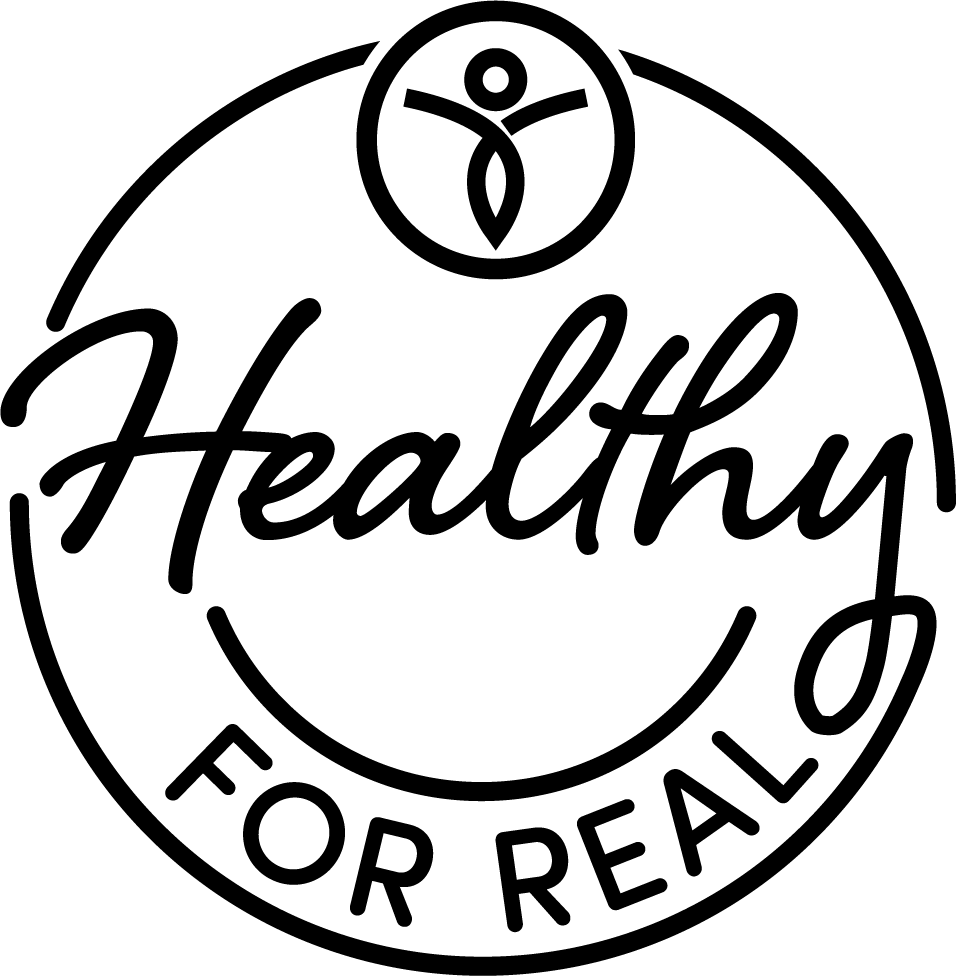Are Collagen Peptides the same as Protein Powder?
Are Collagen Peptides the same as Protein Powder?
The short answer is no. Collagen peptides and protein powder are not the same. However, they are similar in that they are both sources of protein, but they come from different sources and have distinct compositions.
What is Protein?
Protein is composed of amino acids. Amino acids are the building blocks of protein and there are nine essential amino acids.
Histidine
Isoleucine
Leucine
Lysine
Methionine
Phenylalanine
Threonine
Tryptophan
Valine
What is Collagen?
Collagen is a protein that makes up a significant part of our skin, bones, tendons, and connective tissues. Collagen peptides are derived from collagen through a process of hydrolysis, which breaks down the collagen into smaller, more easily digestible peptides. It is known for its benefits in supporting joint health, skin elasticity, and hair and nail growth. Collagen peptides are often marketed for their potential benefits for skin, hair, and joint health. They are commonly used in beauty and wellness products. Oftentimes, collagen peptide products are primarily composed of only three amino acids: glycine, proline, and hydroxyproline and often do not contain the remaining amino acids.
What is Protein Powder?
Protein powder can be derived from various sources, including whey (from milk), casein (also from milk), soy, pea, hemp, rice, and others. Each source has its unique amino acid profile. Although most protein powders are known for containing all nine of the essential amino acids. Protein powder is commonly used by athletes, fitness enthusiasts, and those seeking to supplement their protein intake for muscle recovery, muscle building, or general nutritional support.
Which should I use?
As always, your specific personal goals are what matter most. If your primary goal is to support muscle growth, repair, or general protein needs, a diverse protein powder that includes all nine essential amino acids is likely sufficient. If you're specifically interested in promoting skin or joint health, and your protein powder lacks collagen-specific amino acids, you might consider collagen supplementation or incorporating collagen-rich foods into your diet. Finding an pure and clean protein powder that is limited in fillers or unnecessary additives yet chock full of all nine essential amino acids will likely be your best bet.

